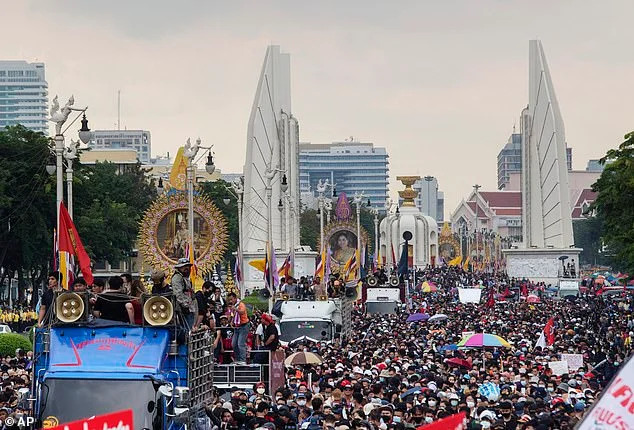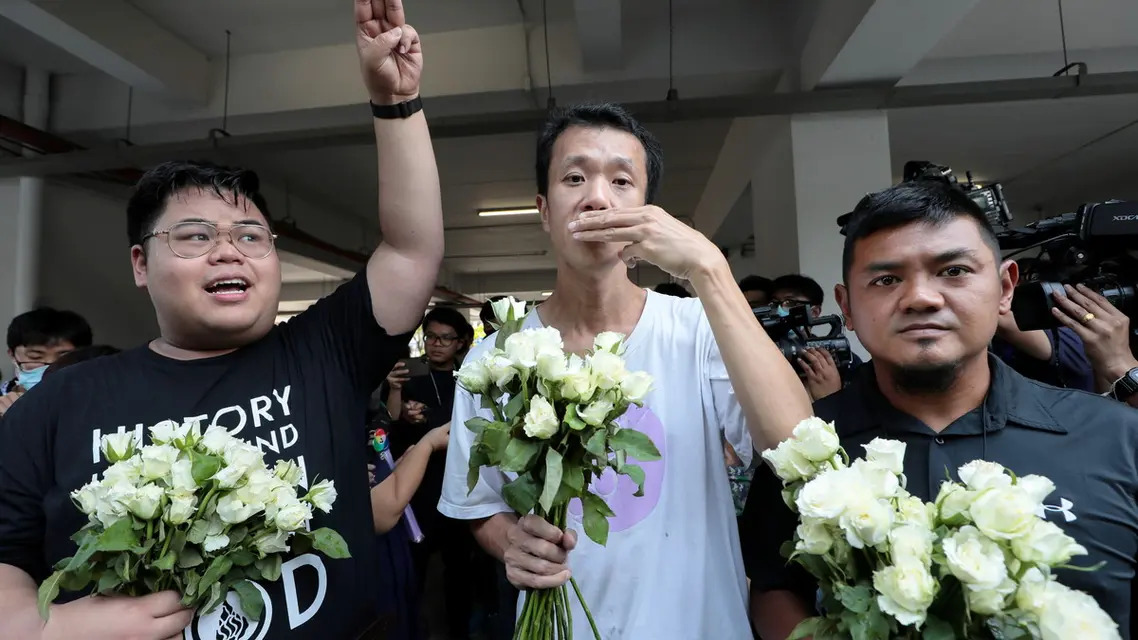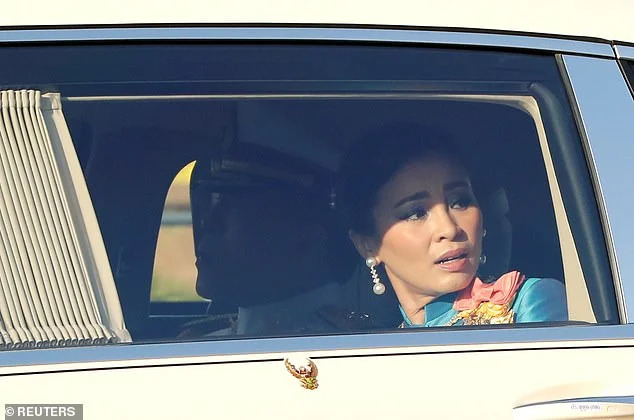In a significant ruling, a Thai court has cleared five anti-government protesters of charges related to attempting violence against Queen Suthida during a 2020 demonstration in Bangkok. The case emerged amidst pro-democracy protests that called for curbs on the king’s powers and the resignation of Prime Minister Prayuth Chan-ocha. The defendants were indicted under a rarely used law that prohibits attempted violence against senior royals, carrying a minimum sentence of 16 years in prison. However, the court determined that the protesters were not aware of the incoming royal motorcade and did not intentionally obstruct it.
Background of the Protests
Thailand has a history of political unrest and protest, and a new wave of demonstrations began in February after a court ordered the dissolution of the Future Forward Party (FFP), a popular pro-democracy opposition party. The protests gained momentum in June when pro-democracy activist Wanchalearm Satsaksit went missing in Cambodia, fueling accusations of state involvement. The youth-led movement called for democratic and military reforms, constitutional changes, and unprecedented calls for reform of the monarchy.

The Incident and its Aftermath
On October 14, 2020, as Queen Suthida’s motorcade passed through a protest outside Bangkok’s Government House, demonstrators shouted and raised the three-finger salute, a symbol adopted from the Hunger Games movies, representing unity and defiance. The incident resulted in the government imposing an emergency decree banning large gatherings and restricting the dissemination of news that incites fear. Despite the decree, protests escalated, leading to numerous arrests.

Acquittal and Ruling
The defendants, including Bunkueanun Paothong, Ekachai Hongkangwan, and Suranat Paenprasert, faced charges of assaulting the Queen’s liberty, inciting chaos, and obstructing traffic. The most severe charge carried a potential sentence of life imprisonment or even the death penalty. However, the court ruled that the protesters were not aware of the royal procession’s route and that no objects were thrown or any obstruction caused. The judgment stated that the police failed to properly manage the route and officers present were unaware of the specific procession. Thai Lawyers for Human Rights, representing two of the defendants, welcomed the verdict.
Lese Majeste Law and Monarchy Criticism
Thailand’s constitution mandates deep reverence for the monarchy, and criticism of the institution is punishable by lengthy prison terms. The country’s strict lese majeste law criminalizes any insult to the monarchy, making discussions about it highly risky. Critics argue that the government employs this law to suppress freedom of speech, and the United Nations has consistently urged Thailand to amend it. The protests saw demonstrators advocating for reforms to the monarchy and amendments to the lese majeste law itself.
Implications and Activists’ Response
The court’s acquittal of the five activists marks a landmark decision, putting an end to the possibility of severe punishment nearly three years after calls for monarchy reform emerged. The ruling highlights the challenges faced by the government in addressing demands for change. While the protesters celebrated the verdict and expressed relief, the larger pro-democracy movement remains committed to their cause, including the amendment of laws surrounding the monarchy.
Looking Ahead
The ruling has significance not only for the acquitted activists but also for the broader pro-democracy movement in Thailand. It underscores the delicate balance between upholding royal reverence and respecting the right to free expression and dissent. As the country navigates its political landscape, the debate surrounding the monarchy and related laws is likely to continue, shaping the future trajectory of Thailand’s democratic movement.













